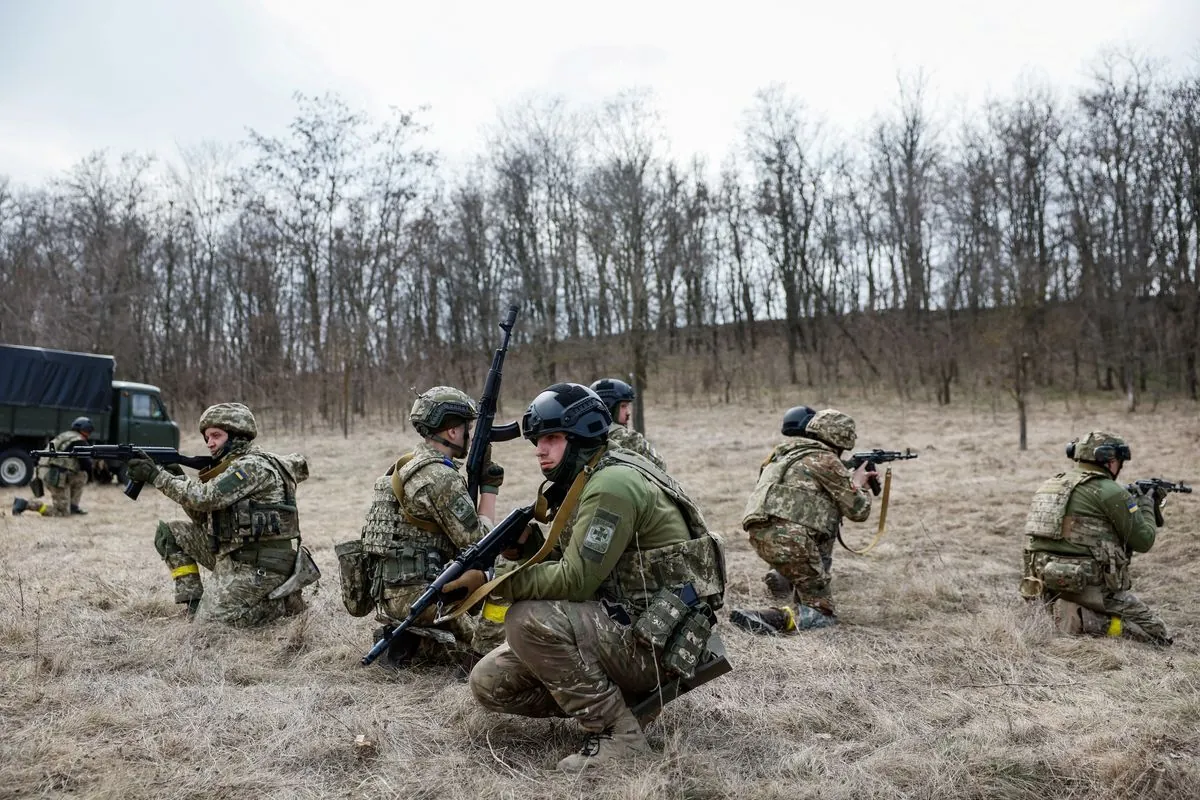In a dramatic turn of events, the Russia-Ukraine conflict has entered a new phase with Ukraine's incursion into Russia's Kursk region. This operation, reminiscent of the successful counteroffensives in Kharkiv and Kherson in late 2022, marks the most substantial territorial gain by either side in nearly two years.
The Ukrainian military's ability to achieve surprise and exploit breakthroughs stands in stark contrast to Russia's consistent failures since the invasion began. This incursion is particularly significant as it marks the first time foreign troops have entered Russian territory since World War II, bringing the reality of the conflict directly to Russian soil.
Western allies, including the United States and the European Union, have expressed support for Ukraine's decision-making autonomy in this operation. This stance challenges previous assumptions about escalation and so-called "red lines" that were thought to potentially trigger a wider conflict or nuclear confrontation.
The Kursk operation may serve multiple strategic purposes for Ukraine. One potential goal is to demonstrate Ukraine's capacity to inflict damage on Russia, potentially strengthening Kyiv's position in future negotiations. An advisor to President Volodymyr Zelensky suggested that this operation could provide Ukraine with much-needed leverage in talks with Russia.
Several factors may be influencing Ukraine's approach:
- Growing war weariness among the Ukrainian population
- Criticism of Ukraine's previous reluctance to engage in talks
- Uncertainty surrounding future Western support, particularly in light of the upcoming U.S. presidential election in November 2024
Historically, Ukraine has faced significant challenges in negotiations with Russia. The Minsk agreements of 2014 and 2015, for instance, imposed unfavorable terms on Ukraine due to its weak negotiating position. Similarly, talks in March and April 2022 failed to produce meaningful results.
"This will give them the leverage they need for negotiations with Russia—this is what it's all about."
Ukraine's current strategy may be aimed at shifting the narrative from a "land for peace" deal to a "land for land" arrangement. This approach puts pressure on Russian President Vladimir Putin, as the loss of control over Russian territory presents a significant challenge to the Kremlin's narrative.
While this new dynamic may create opportunities for diplomatic solutions, it's crucial to remember that Russia has a history of disregarding agreements with Ukraine. Nevertheless, for those hoping for an end to the conflict, these developments may present intriguing possibilities in the near future.
As the situation continues to evolve, the international community watches closely, recognizing that the outcome of this bold move by Ukraine could have far-reaching implications for the future of the region and global geopolitics.
